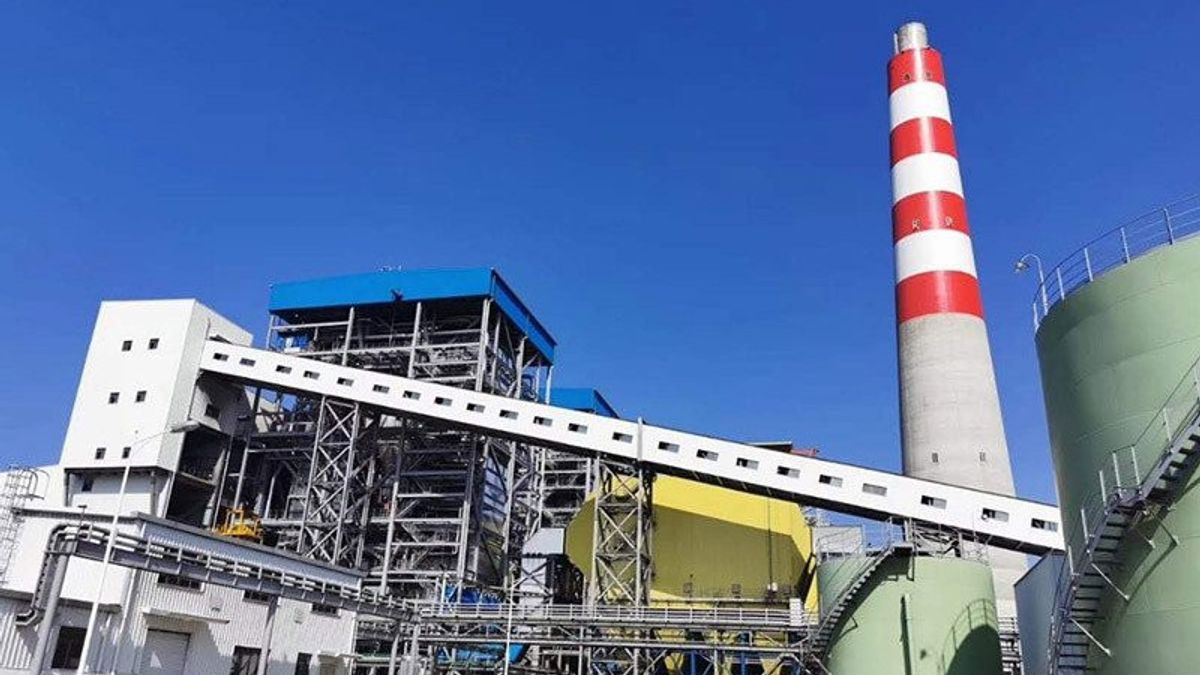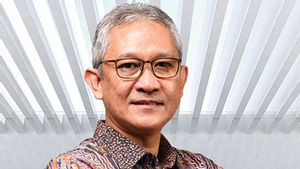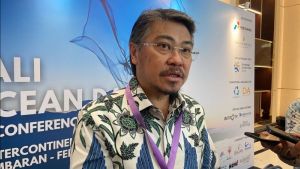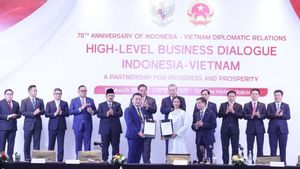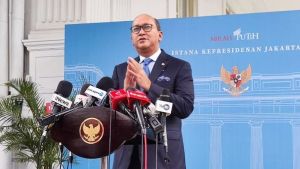JAKARTA - Former Deputy Minister of Energy and Mineral Resources of Indonesia (ESDM) for the period 2016-2019 Arcandra Tahar assessed that the government is now increasingly required to be able to create a balance between economic growth targets and prevent environmental damage due to economic activities.
According to him, the energy sector plays a very important role in achieving economic growth targets.
“If the cost of energy used to produce an item is expensive, it is certain that the item will not be able to compete with similar goods produced abroad with cheaper energy costs. In other words, exports will decline and economic growth will slow down," he said via his personal Instagram page @arcandra.tahar on Sunday, September 19.
Arcandra added, on the other hand, the use of cheap energy sources, coal, for example, is always associated with environmental issues caused by the pollution produced in converting coal into electricity.
"The resulting pollutants such as CO2, SO2, NOx, and particulates are very significant in contributing to raising the earth's temperature and changing the climate," he said.
In addition to steam power plants (PLTU), he said, coal is also used in steel mills and cement factories.
“The reason for using coal in steel plants and cement factories is also to get a cheap energy source and also as a feedstock. You can imagine how much the industry around us depends on coal,” he added.
He noted that 40 percent of global emissions come from the use of coal. By 2020, PLTU will account for 39 percent of all electrical energy generated in the world. Then, the use of PLTU in Asia is even higher, around 72 percent, and for Indonesia around 50 percent. Meanwhile, 72 percent of the steel industry uses coal.
“Considering the massive use of coal to pursue economic growth, is there a choice for policymakers to reduce the pollution produced? It's not easy to answer. However, there are some difficult choices that might be made," he said.
First, early retirement of the PLTU that has been built, and there is no longer any permit to build a new PLTU. The power plants to be built are only those based on renewable energy.
"It looks like a very simple choice but let's see what the impact will be for the industry and society," he said.
Arcandra said that most of the PLTU currently operating had not yet reached the planned rate of return on capital.
“Early retirement means losses for investors. For that, the possible way is to retire after returning the capital,” he said.
SEE ALSO:
Furthermore, with 39 percent of the source of electrical energy coming from coal, Arcandra then questioned whether it was possible that all of them could be replaced by renewable energy?
“There are many challenges. From the technical side, such as the need for a smart grid, continuous availability of energy (especially for PLTS and PLTB), the need for batteries as backups. From the commercial aspect, the challenges are higher prices and land that is not necessarily available (for PLTS),” he continued.
Arcandra estimates that electricity tariffs will increase which will indirectly affect economic growth. The next question raised is are the world's citizens and business actors ready to pay higher electricity rates? What about the steel and cement industry. Are there alternatives to coal they can use?
“What other options could be made other than early retirement to continue to use coal but not damage the environment? Is there any technology that can help with this hope? Hopefully, this material can be part of the discussion for our progress together. God willing," he concluded.
The English, Chinese, Japanese, Arabic, and French versions are automatically generated by the AI. So there may still be inaccuracies in translating, please always see Indonesian as our main language. (system supported by DigitalSiber.id)
